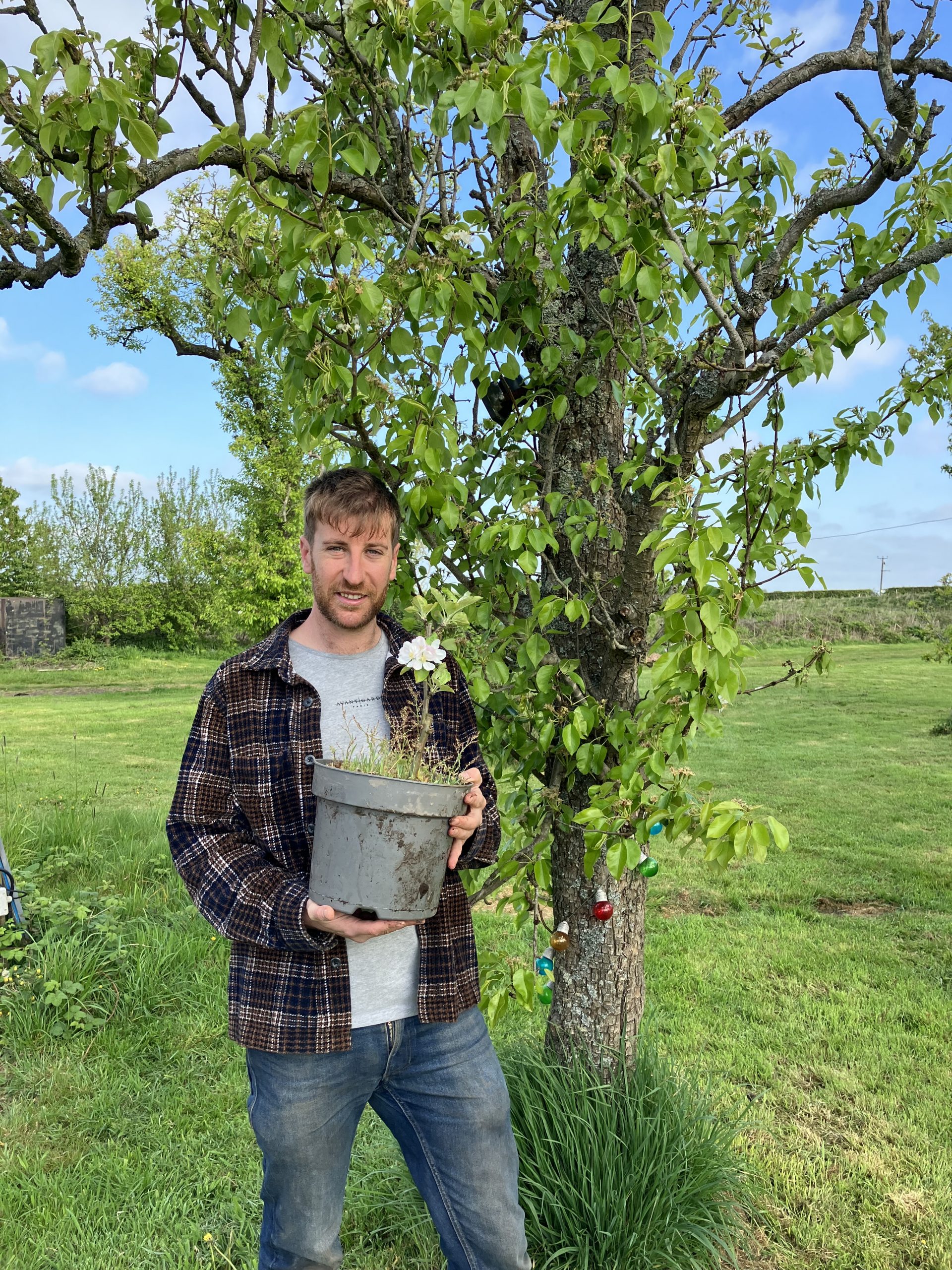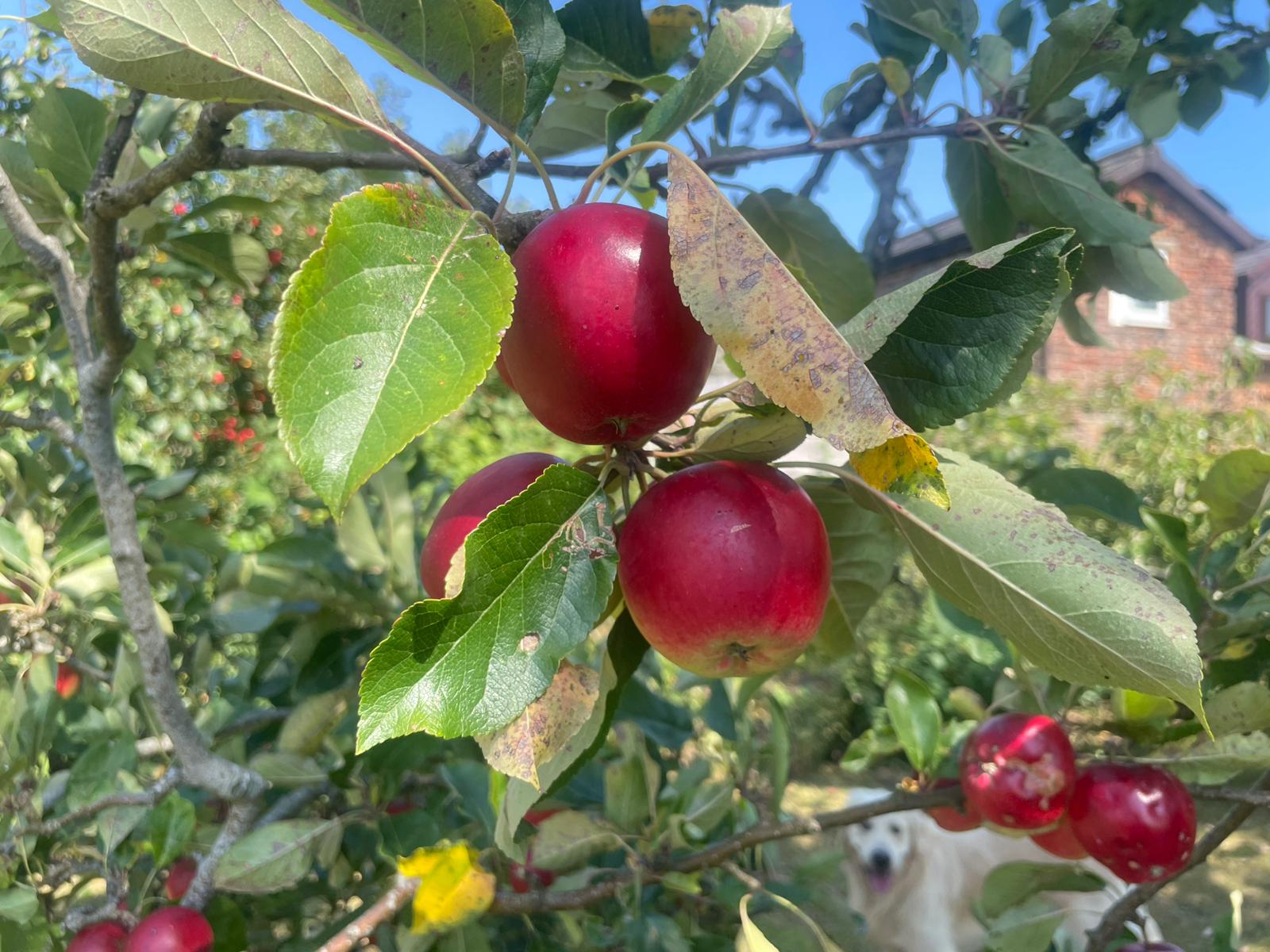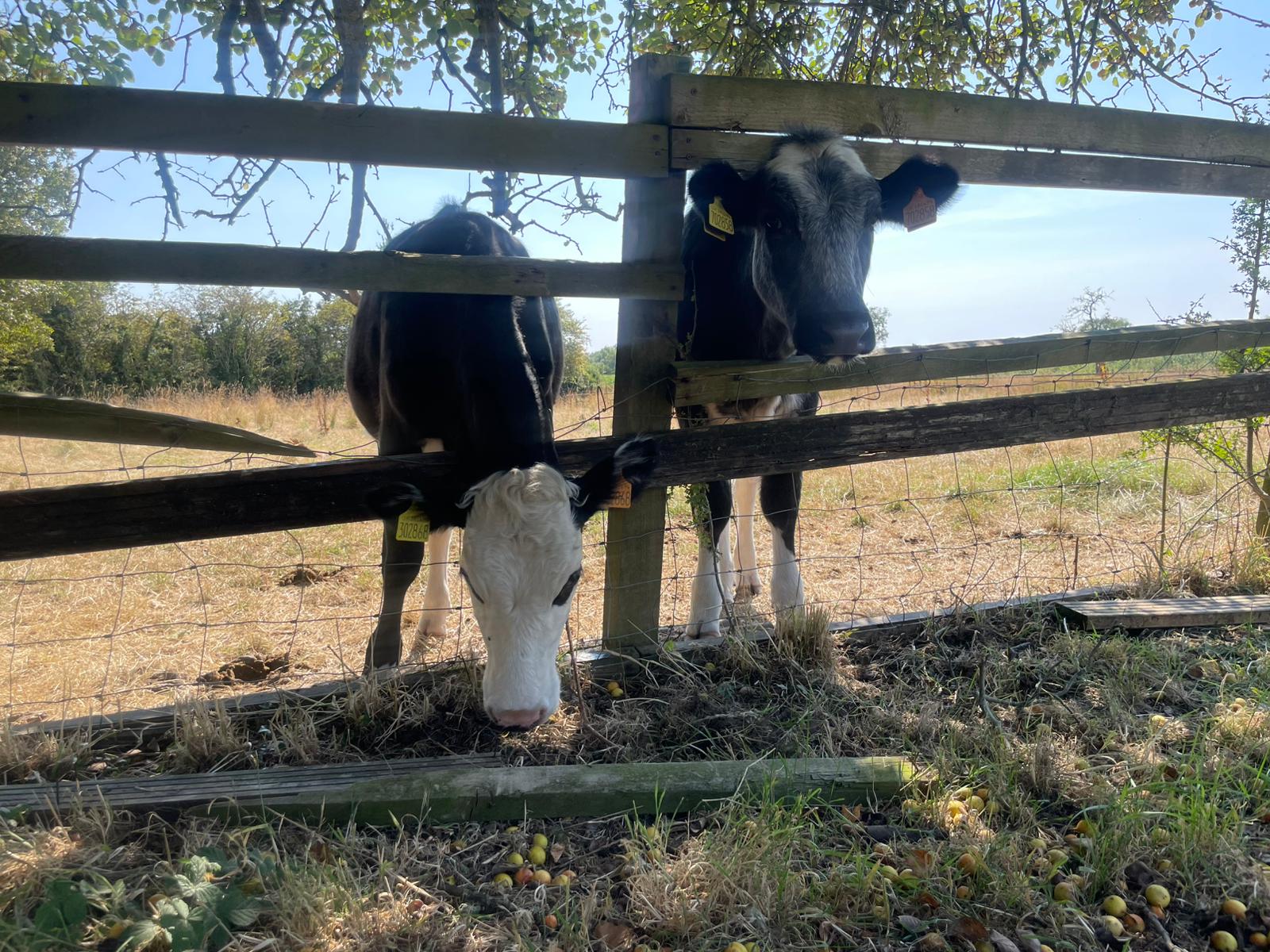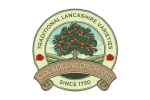everything on our farm is grown by respecting the cycles of nature.
1980
Dating back to 1730
The history of Cocker Bar Orchard can be traced back as far as 1730, but is possibly older as documented evidence on farming from the period is scarce. Around that time, the area around Cocker Bar was renowned for its abundance of bountiful orchards and was often referred to as ‘the Evesham of the North’ after the famous fruit-growing town in Worcestershire.
Instead of Conference pears and Bramley apples, the orchards around central Lancashire produced their own varieties, like the Walton Weeper, Green Slipper and Golden Spire, along with many more varieties than have since been lost, or the names unknown.
The 1848 Split
The 1848 Split
Until the 1840s, Cocker Bar Orchard was a relatively small orchard of around one acre and was used to supplement the farm’s main produce of onions and potatoes. At the time, the farm and orchard was managed by tenant William Jackson and his family, and owned by Dorothy King of Kirkham.
In 1848, the new Preston to Liverpool railway opened which split the orchard in two. This, in fact, was a blessing for the orchard as – possibly due to the compensation received from Lancashire & Yorkshire Railway Company – the five acres of potato fields to the immediate south of the orchard were planted with apple and pear trees, making it one of the largest orchards in the area.
Late Victorian Times
Late Victorian Times
The short-lived Cocker Bar Railway Station, located at the south end of the orchard, would have allowed for the fast transport of goods to Preston, Ormskirk and Liverpool. Sadly, the station closed just 10 years after opening in 1859 (replaced by Midge Hall Station) but the orchard seems to have thrived with the new plantation of Hessle pear trees from Yorkshire and fruit appears to be the dominant crop of the farm with tenant Henry Baker stating his profession as ‘Fruit & Potato Dealer’ in 1885.
20th Century Decline
20th Century Decline
Cocker Bar was still a prosperous orchard by the 1950’s when Dick Coulton was in charge of the farm, but the advent of supermarkets and better transport links with the south meant that the old Lancashire varieties of apples and pear were falling out of favour to the larger varieties from the south, leaving the local orchards neglected and, in many cases, ripped up. In 1975, the farm was sold by the Lord Lilford estate and ceased to be a commercial farm but luckily the orchard, still possibly the largest in the area, survived – albeit in a neglected state.
New Beginnings
New Beginnings
In 1996, we (the Campbell family) bought the farm and the orchard, despite being neglected for some time, was still producing significant yields which we have sold from the roadside every year since.
An additional 12 acres of land surrounding the farm has since been purchased, including the land to the west of the railway line which was part of the original 1730 orchard, and we are in the process of planting this new territory to one create of the largest orchards in northern England. We are committed to working with nature and we will not use artificial fertilisers or pesticides on our trees and, for the past couple of years, we have shifted our focus to grafting and planting traditional Lancashire varieties (our heartfelt thanks to Phil Rainford for his assistance on this matter), to ensure our region’s unique fruit can be enjoyed for generations to come.
Dating back to 1730
The 1848 Split
Late Victorian Times
20th Century Decline
New Beginnings

Currently We Are propagating ancient lancashire apples & pears




Sustainable to the core
From electric quad bikes to harvested rainwater, we are committed to working with mother nature and employ the most sustainable business practices where possible.

